In our increasingly water-stressed world, the importance of conserving water cannot be understated. With global populations rising and climate change impacting water availability, both homes and industries are being pushed to adopt more sustainable water use practices. This blog explores innovative water conservation techniques that are not only eco-friendly but also cost-effective, ensuring water sustainability for future generations.
At the home front, water conservation methods are becoming increasingly sophisticated. Smart water management systems are a game changer, allowing homeowners to monitor and control water usage through intuitive apps. These systems can detect leaks, predict water usage patterns, and even suggest ways to reduce consumption.
Another effective technique is the installation of low-flow fixtures. These include showerheads, taps, and toilets designed to use significantly less water than standard models without sacrificing performance. Coupled with water-saving appliances like efficient dishwashers and washing machines, these technologies can dramatically reduce a household's water footprint.
Rainwater harvesting technology is another sustainable method gaining traction. This system collects rainwater from roofs, which can then be used for gardening, flushing toilets, and even washing cars. It’s a practical solution to reduce dependence on municipal water supplies and is particularly useful in drought-prone areas.
Water conservation in manufacturing and other industrial sectors is critical due to the sheer volume of water they consume. Water recycling solutions play a pivotal role here. Industries are now implementing advanced treatment systems that allow wastewater to be cleaned and reused for various processes, significantly reducing the demand for fresh water.
The Future of Water Conservation
Moreover, water reuse in industry is becoming a standard practice. For instance, in thermal power plants, cooling water is recycled multiple times before it is treated and discharged. Advanced irrigation systems in agriculture use sensors and satellite imagery to optimize water use, ensuring that crops receive the exact amount of water they need, minimizing waste.
Eco-friendly water systems, such as closed-loop water systems in manufacturing processes, ensure that industries not only consume less water but also minimize pollution by treating and reusing wastewater onsite.
The adoption of drought-resistant landscaping, or xeriscaping, is an excellent example of sustainable water use. This method involves designing garden landscapes with native plants that require minimal water, reducing the need for irrigation. This technique is not only water-efficient but also creates a naturally beautiful, low-maintenance garden space.
In broader terms, water efficiency technology encompasses a range of tools and practices designed to minimize water loss and enhance the use of water resources in various sectors. From precision agriculture tools that ensure optimal plant watering to high-efficiency boilers in industrial settings, these technologies are pivotal in advancing global water conservation efforts.
Real-World Applications and Recent Updates
Looking ahead, the integration of AI and IoT in smart water management systems promises even greater efficiencies. These technologies can predict water usage patterns and automatically adjust systems to minimize waste, ensuring sustainable water use across different sectors.
Interestingly, recent events such as Comic-Con 2024 have shown that even industries outside of environmental technology are becoming conscious of sustainability. Kevin Feige's appearance at the panel and discussions around sustainability in media production highlight a growing trend of environmental awareness across various sectors. This broad-based approach to sustainability could inspire more integrated strategies for water conservation across different industries.
For further details on implementing these techniques in your home or business, resources like the Environmental Protection Agency (EPA) or your local water authority websites offer valuable information.
As we continue to face global water scarcity issues, it becomes imperative for both individuals and industries to adopt innovative water conservation techniques. From smart home systems to industrial recycling efforts, the path to sustainability is paved with advanced technologies and mindful practices. By embracing these methods, we not only conserve our precious water resources but also ensure a sustainable environment for future generations.
Remember, every drop counts when it comes to water conservation. Let's all do our part to embrace these innovative solutions in our daily lives and business operations.


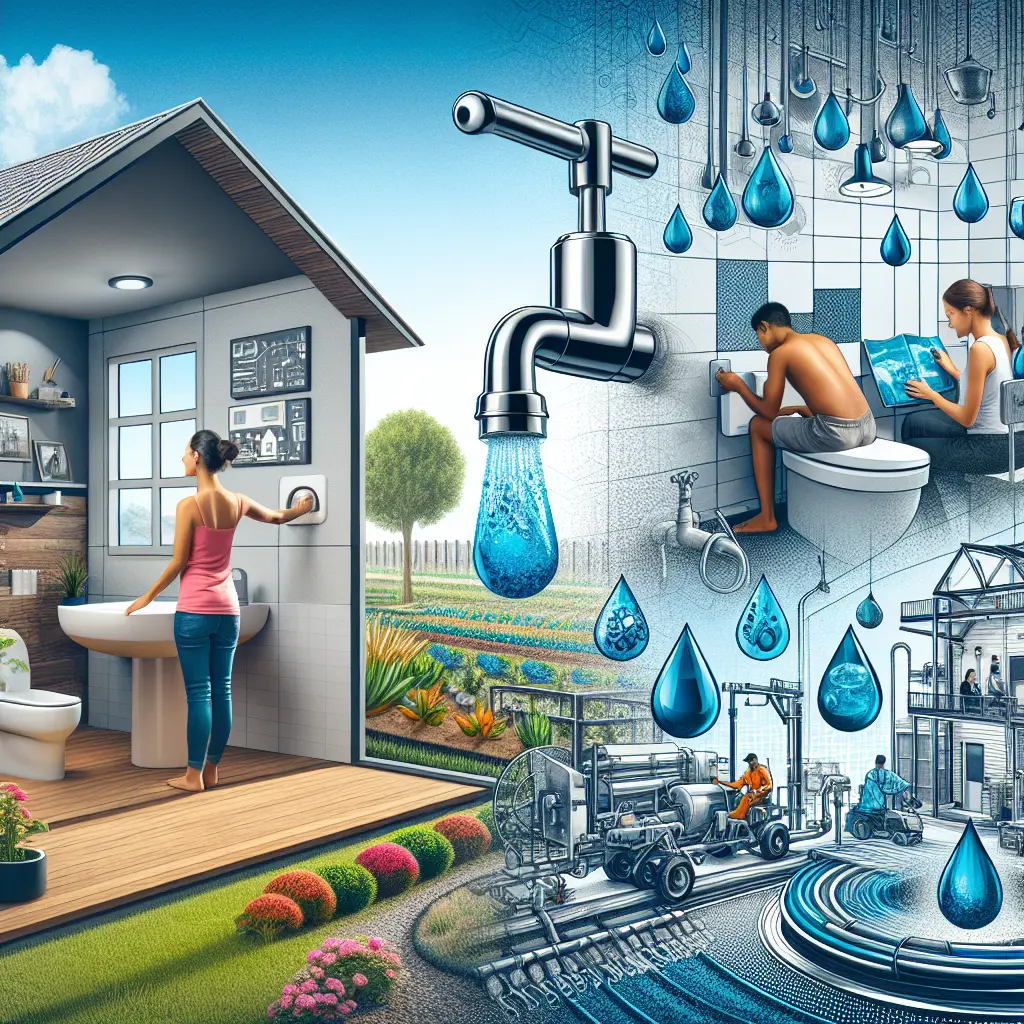

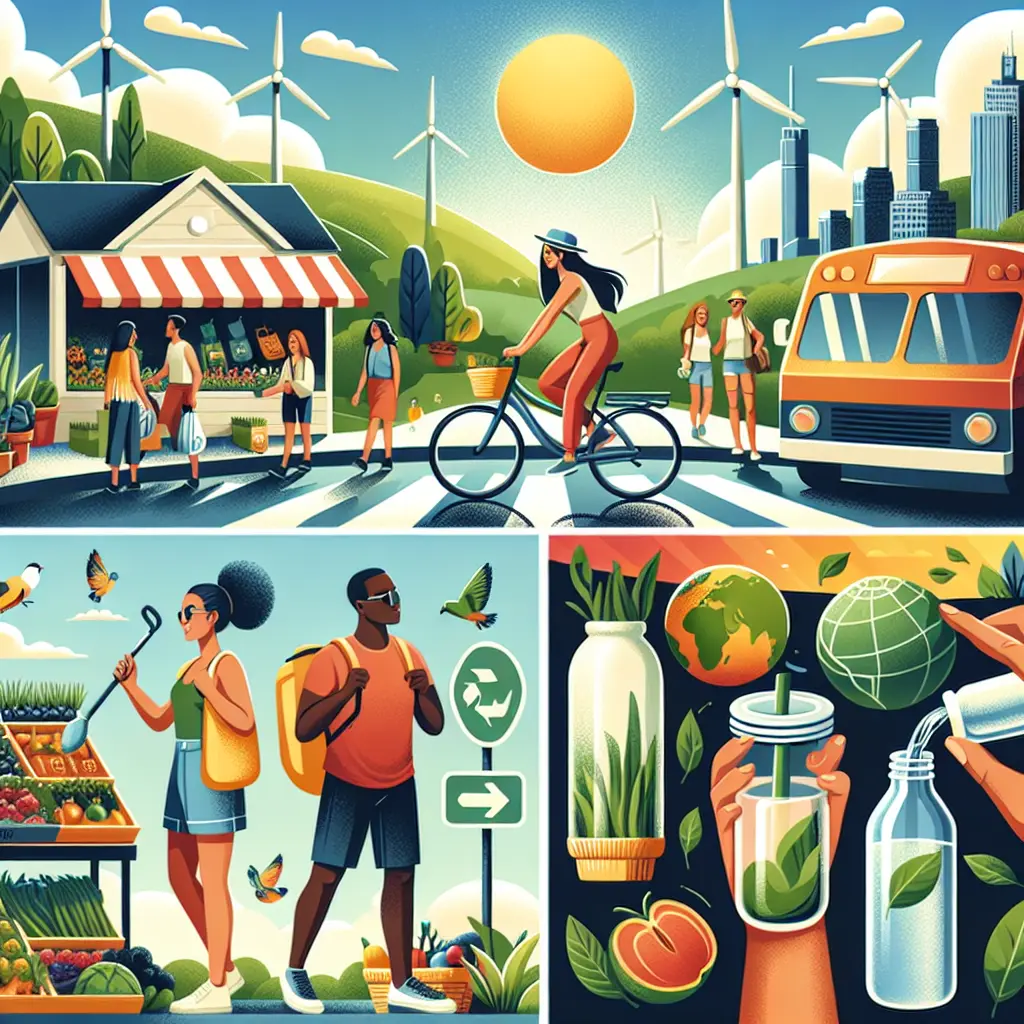
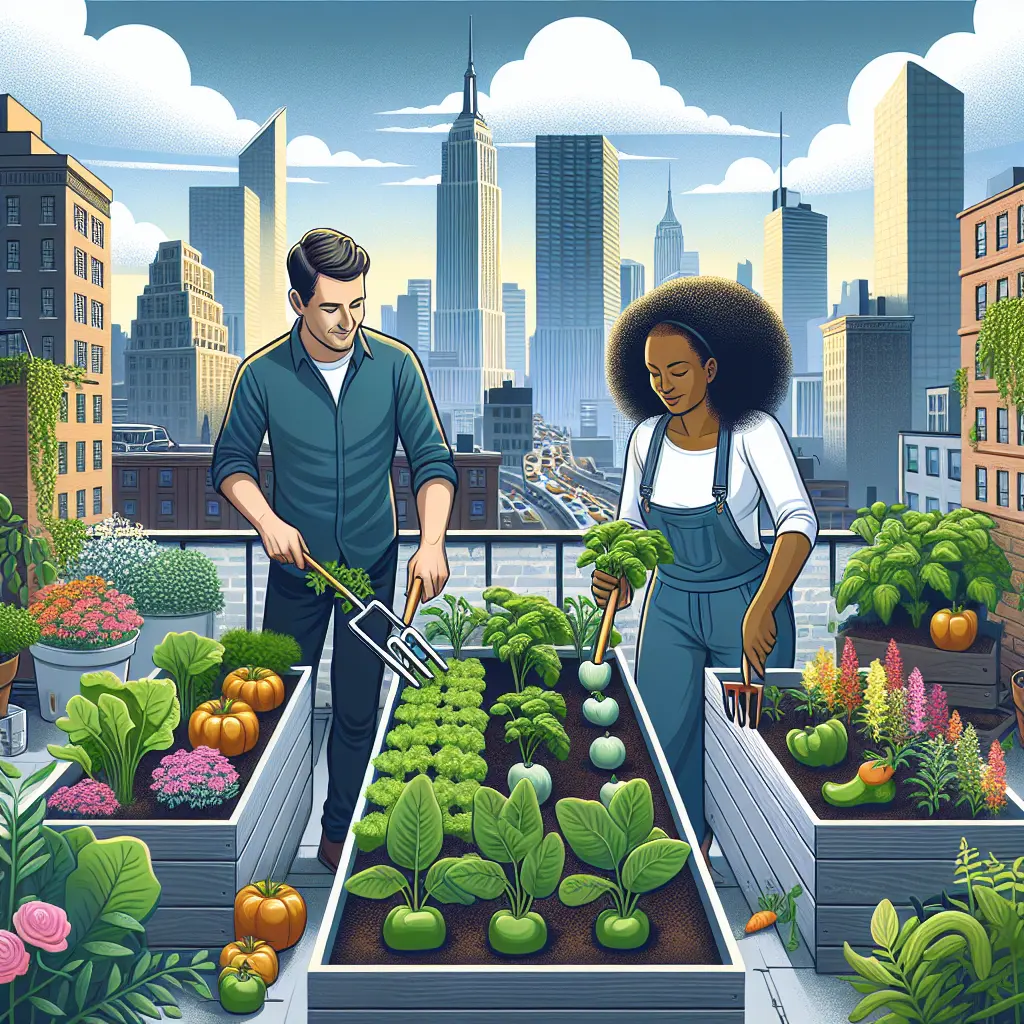
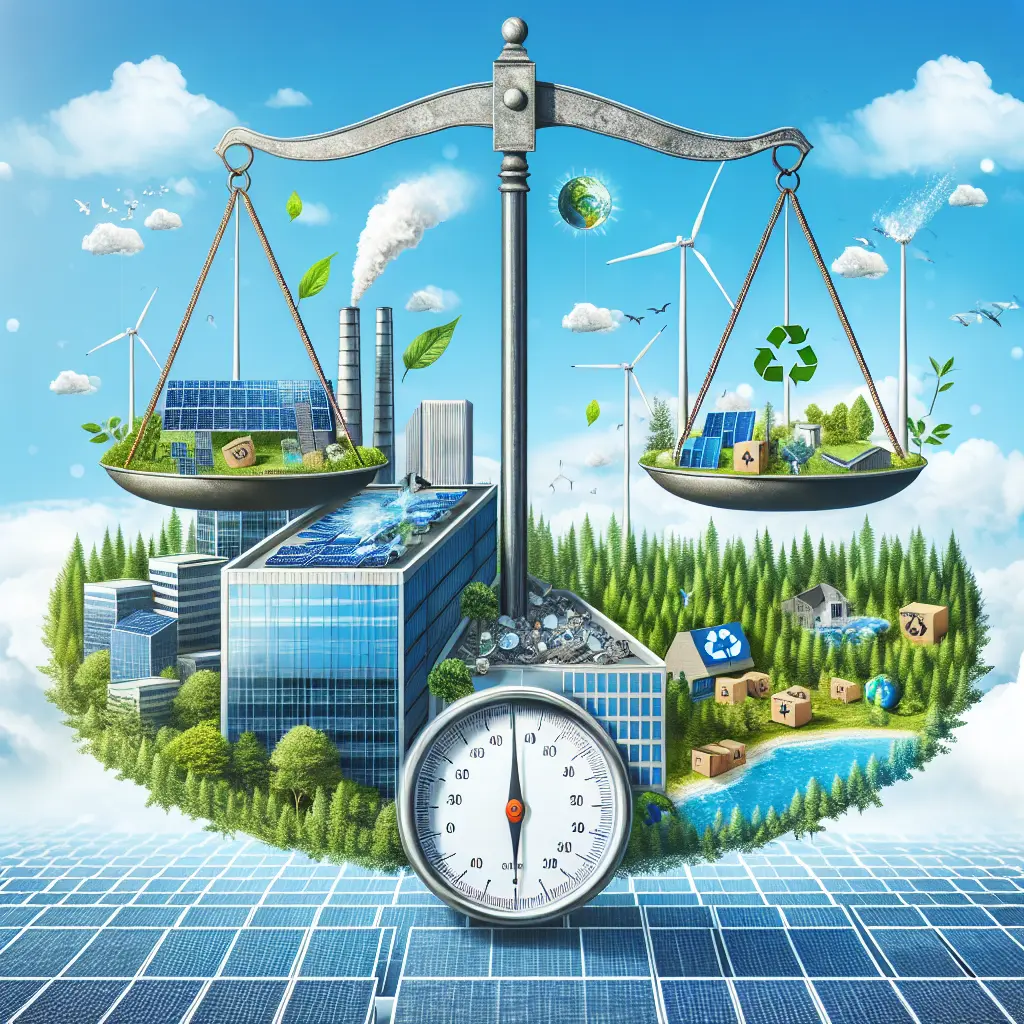
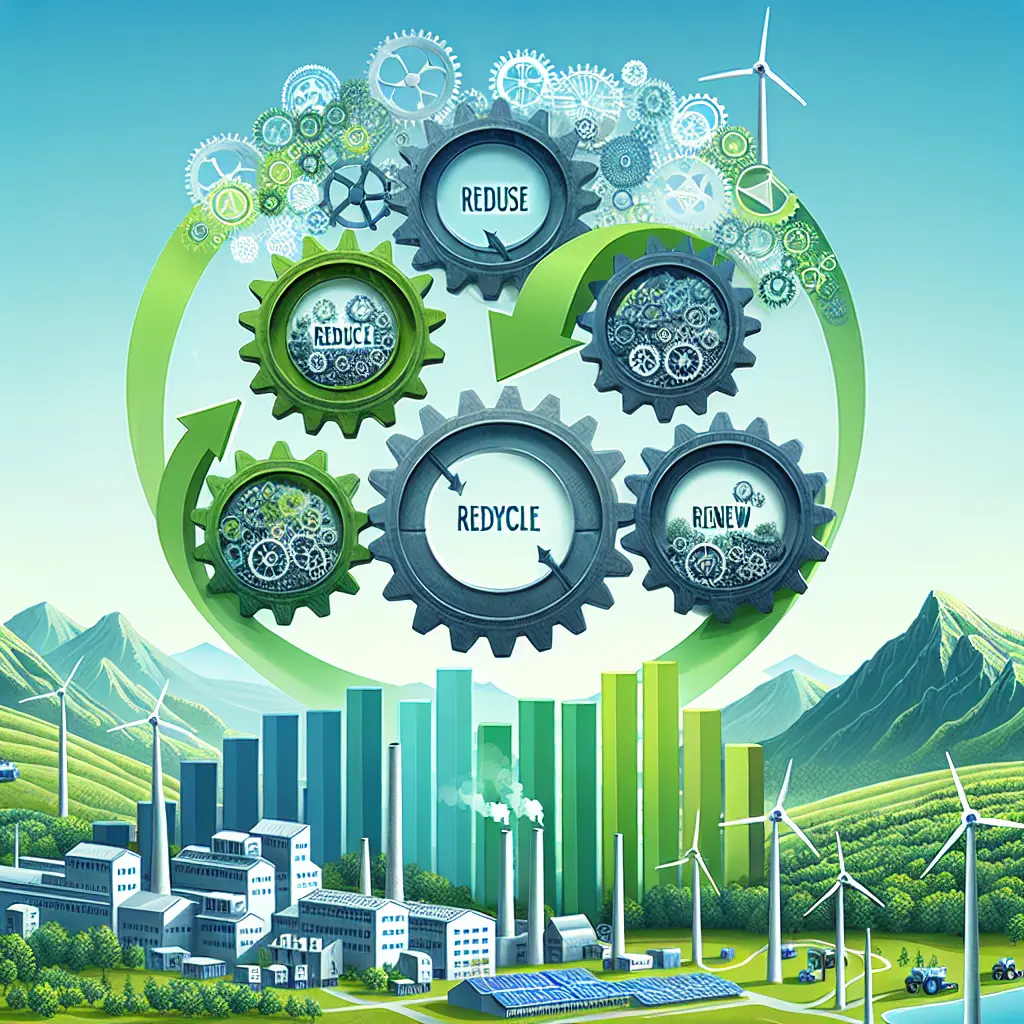
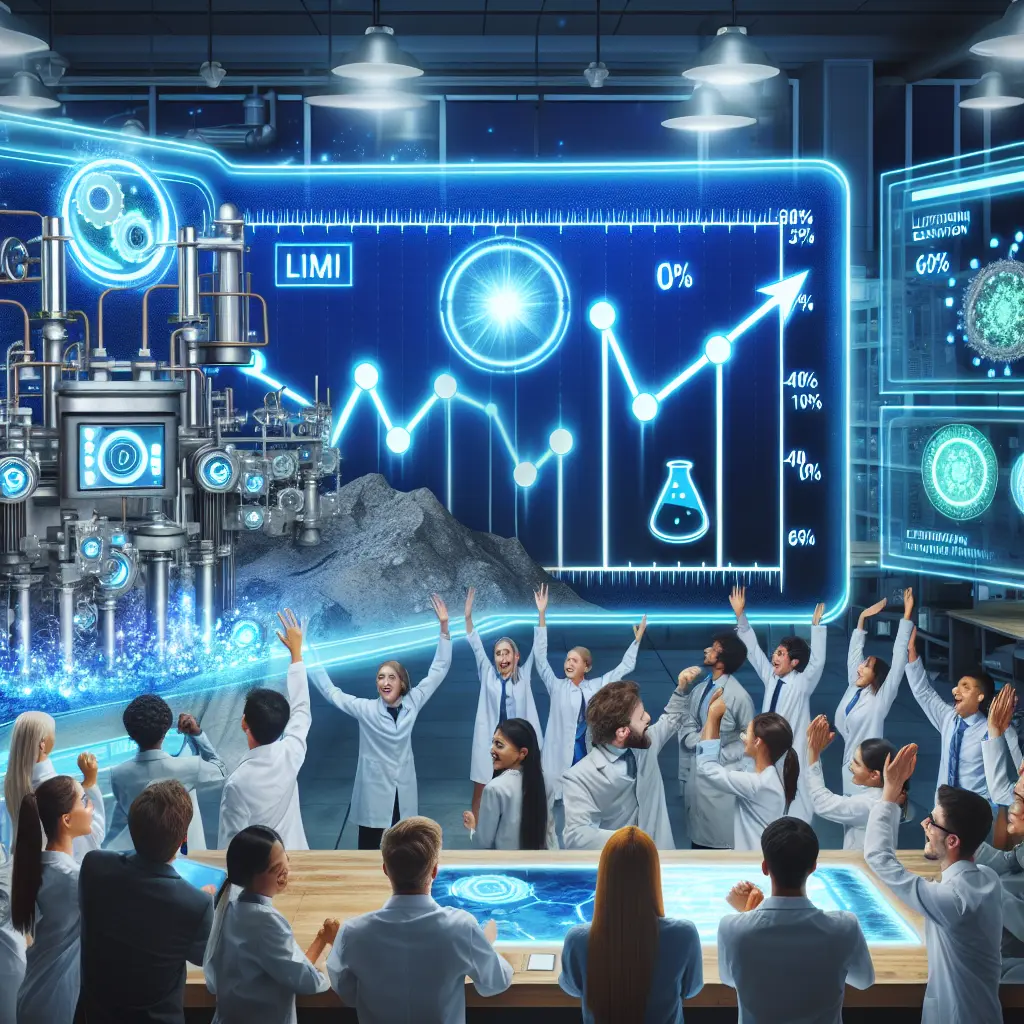

Leave a Comment